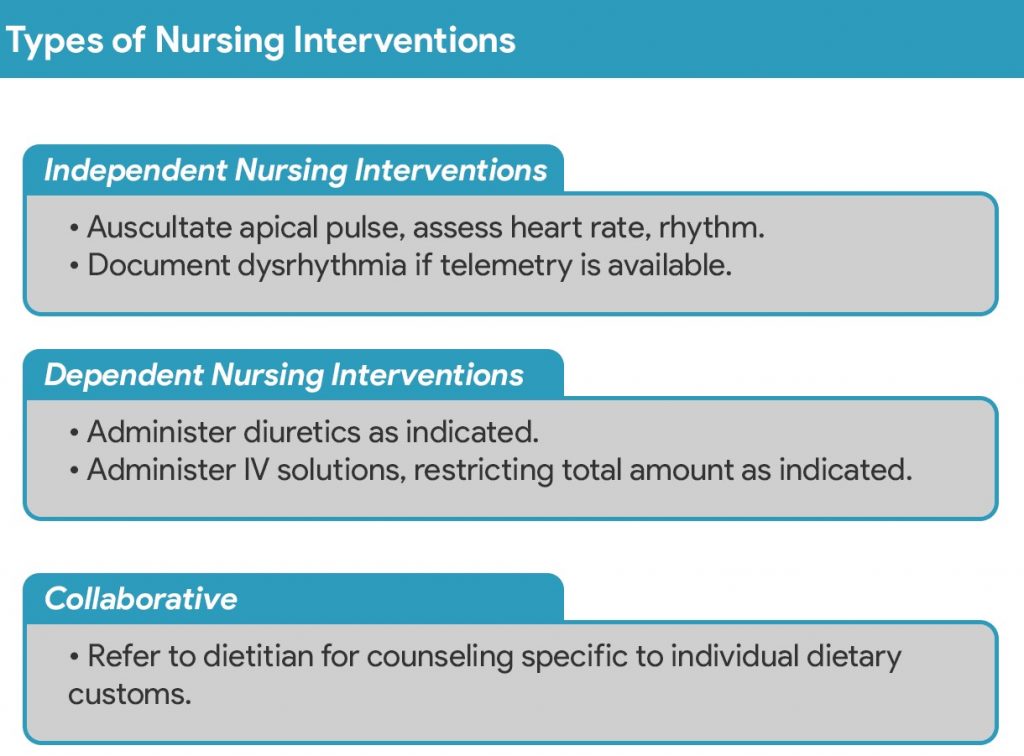Nursing case study writing is an integral part of nursing education and professional development. It allows students and practitioners to delve into real-world patient scenarios, applying theoretical knowledge to clinical practice and demonstrating their critical thinking, problem-solving, and communication skills. Crafting a stellar nursing case study requires meticulous planning, insightful analysis, and a clear, concise writing style.
This comprehensive guide offers practical tips to help you navigate the complexities of nursing case study writing and produce a compelling, informative, and impactful piece.
Essential Steps for Nursing Case Study Writing
1. Understanding the Essence of a Nursing Case Study:
Before embarking on your nursing case study writing journey, it’s crucial to grasp the fundamental principles of this writing style.
- Real-World Applications: Nursing case studies are based on actual patient encounters, providing a realistic and relatable context for learning.
- Problem-Focused Approach: These studies typically focus on a specific patient problem or challenge, exploring its clinical manifestations, underlying causes, and potential solutions.
- Holistic Patient Perspective: Effective nursing case studies consider the patient as a whole, incorporating their medical history, social determinants of health, cultural background, and personal values.
- Critical Thinking and Analysis: Case studies encourage students and practitioners to analyze the situation, identify potential diagnoses, develop nursing interventions, and evaluate their effectiveness.

2. Choosing a Compelling Case:
The foundation of a successful nursing case study lies in selecting a relevant and engaging patient scenario. Consider these factors:
- Relevance to Your Learning Objectives: The case should align with your current course material or professional goals.
- Ethical Considerations: Ensure the patient’s privacy and confidentiality are protected throughout the writing process.
- Complexity and Learning Opportunities: Choose a case with enough complexity to facilitate in-depth analysis and provide valuable learning experiences.
3. Gathering and Analyzing Patient Data:
Thorough data collection is essential for constructing a well-informed and accurate nursing case study.
- Patient Chart Review: Gather medical records, lab results, vital signs, and other relevant documentation.
- Patient Interviews: Conduct structured interviews with the patient to understand their symptoms, concerns, and personal perspectives.
- Nursing Notes and Documentation: Review existing nursing notes and assessments for valuable insights.
- Consultation with Other Healthcare Professionals: Collaborate with physicians, pharmacists, and other specialists to obtain a comprehensive understanding of the patient’s condition.
4. Crafting a Concise and Informative Introduction:
The introduction sets the stage for your nursing case study and captures the reader’s attention.
- Background Information: Provide a brief overview of the patient’s demographic information, presenting complaint, and relevant medical history.
- Statement of Purpose: Clearly articulate the specific problem or challenge addressed in the case study.
- Research Question or Hypothesis: If applicable, state the research question or hypothesis guiding your analysis.
5. Presenting the Patient’s Clinical Picture:
The next section delves into the patient’s clinical presentation, providing a detailed description of their symptoms, physical examination findings, and diagnostic tests.
- Subjective Data (Symptoms): Detail the patient’s subjective experiences, including their chief complaint, pain level, and any associated symptoms.
- Objective Data (Signs): Present objective findings from physical examinations, vital signs, lab results, and imaging studies.
- Nursing Assessment: Summarize your findings and formulate a nursing diagnosis based on the collected data.
6. Developing and Evaluating Nursing Interventions:
This section is the heart of the nursing case study, showcasing your understanding of nursing practice and decision-making.
- Identify Patient Goals: Collaborate with the patient to set realistic and achievable goals for their treatment and recovery.
- Formulate Nursing Interventions: Develop a detailed plan of care, outlining specific nursing interventions tailored to meet the patient’s individual needs.

- Rationale for Interventions: Provide clear and concise explanations for each intervention, citing relevant evidence and nursing theory.
- Evaluation of Interventions: Assess the effectiveness of the interventions based on patient outcomes and progress towards their goals.
7. Analyzing the Patient’s Response:
Document the patient’s response to the implemented nursing interventions, highlighting both positive and negative outcomes.
- Monitor Vital Signs and Lab Results: Regularly assess the patient’s vital signs and lab results to track their progress.
- Observe Physical and Emotional Changes: Document any observable changes in the patient’s physical condition, emotional state, and overall well-being.
- Patient Feedback and Satisfaction: Consider the patient’s perception of the interventions and their satisfaction with the care they received.
8. Drawing Meaningful Conclusions:
The concluding section summarizes your findings, synthesizes the key learning points, and reflects on the implications for future nursing practice.
- Restate the Case Purpose: Briefly recap the initial problem or challenge addressed in the case study.
- Summarize Key Findings: Highlight the most significant observations and conclusions drawn from your analysis.
- Implications for Nursing Practice: Discuss how the insights gained from this case study can inform your future nursing practice, promoting evidence-based decision-making and improving patient care.
9. The Importance of Ethical Considerations:
Ethical considerations are paramount in nursing case study writing. Always ensure that:
- Patient Privacy is Protected: Use pseudonyms or fictionalized names to protect the patient’s identity and maintain confidentiality.
- Informed Consent is Obtained: If you are writing about a real patient, obtain their informed consent to use their case in your writing.
- Data is Used Responsibly: Ensure that all data used in the case study is collected and presented ethically, respecting the patient’s rights and dignity.
10. Utilizing Visual Aids to Enhance Clarity:
Visual aids can significantly enhance the clarity and impact of your nursing case study writing.
- Flow Charts: Illustrate complex processes, such as medication administration or diagnostic procedures, in a clear and easily digestible format.
- Tables: Summarize data effectively, such as vital signs, lab results, or patient assessment findings.
- Figures and Images: Use relevant images or diagrams to illustrate physical findings, patient interventions, or medical equipment.
11. Fostering a Professional Writing Style:
Nursing case study writing requires a clear, concise, and professional writing style.
- Use Third-Person Language: Maintain objectivity by using third-person language throughout the study.
- Avoid Jargon and Slang: Employ professional terminology and avoid using slang or informal language.
- Use Proper Grammar and Punctuation: Ensure that your writing adheres to correct grammar and punctuation rules.
- Proofread and Edit Thoroughly: Carefully proofread your work for any grammatical or spelling errors before submission.
12. Leveraging Resources for Effective Writing:
Utilize available resources to enhance your nursing case study writing skills.
- Nursing Textbooks and Journals: Refer to reputable nursing textbooks and journals for evidence-based information and support your claims.
- Professional Organizations: Connect with professional organizations like the American Nurses Association (ANA) for guidance and resources on best practices in nursing.
- Writing Centers and Online Resources: Seek assistance from university writing centers or utilize online writing resources to improve your writing style and clarity.
13. Ensuring Proper Citation and Referencing:
Accurate citation and referencing are essential for academic integrity and demonstrating the credibility of your nursing case study.
- Choose a Consistent Citation Style: Select a citation style recommended by your institution or professional guidelines.
- Cite All Sources Accurately: Include complete bibliographic information for every source used in your writing.
- Use a Citation Management Software: Consider using citation management software like EndNote or Zotero to organize your references and generate citations automatically.
14. Seeking Feedback and Revision:
Seeking feedback from peers, instructors, or mentors can significantly improve the quality of your nursing case study.
- Peer Review: Exchange case studies with classmates for constructive feedback on clarity, organization, and content.
- Instructor Feedback: Seek feedback from your instructor to address areas for improvement and strengthen your writing.
- Mentorship: Connect with a nursing mentor who can provide guidance and expertise on your nursing case study.
15. Focusing on the Key Elements of Nursing Case Study Writing:

To ensure your nursing case study writing is successful, remember these essential elements:
- Patient Focus: Center the case study around the patient’s experiences and needs.
- Problem-Oriented Approach: Clearly identify and address the patient’s primary problem or challenge.
- Critical Thinking and Analysis: Demonstrate your ability to critically analyze the situation and apply relevant nursing knowledge.
- Evidence-Based Interventions: Support your nursing interventions with evidence-based research and practice guidelines.
- Clear Communication: Present your ideas in a clear, concise, and easy-to-understand manner.
16. Developing Effective Nursing Case Study Writing Skills:
Nursing case study writing is a skill that develops over time. By consistently applying these tips and engaging in practice, you can cultivate your skills and produce high-quality nursing case studies.
- Practice Regularly: Write nursing case studies frequently to develop your skills and gain experience.
- Seek Out Feedback: Actively seek feedback from peers, instructors, and mentors to identify areas for improvement.
- Reflect on Your Work: After each case study, take time to reflect on your strengths and weaknesses, identifying areas where you can continue to develop your writing skills.
Embracing the Value of Nursing Case Study Writing
Nursing case study writing is more than just a writing assignment. It’s a valuable tool for enhancing your understanding of nursing practice, developing critical thinking skills, and contributing to the advancement of the nursing profession.
- Promote Learning and Critical Thinking: Case studies foster critical thinking, problem-solving, and decision-making skills.
- Enhance Communication Skills: Writing nursing case studies improves communication skills, both written and oral.
- Contribute to Nursing Knowledge: By sharing your case studies, you can contribute to the collective knowledge base of the nursing profession.
By mastering the art of nursing case study writing, you can showcase your clinical expertise, enhance your professional development, and contribute to the advancement of the nursing profession.
Get Customized Nursing Case Study Writing Help
Are you stuck with a nursing case study assignment? Then, simply get professional nursing case study writing help from Exemplary Dissertations. We provide customized paper writing help for nursing case studies, essays, research papers and dissertations.

